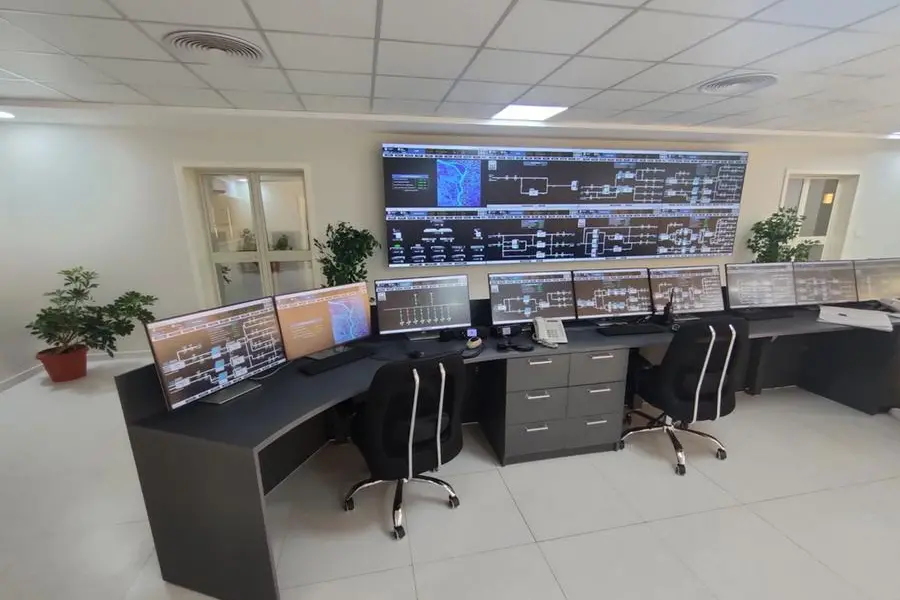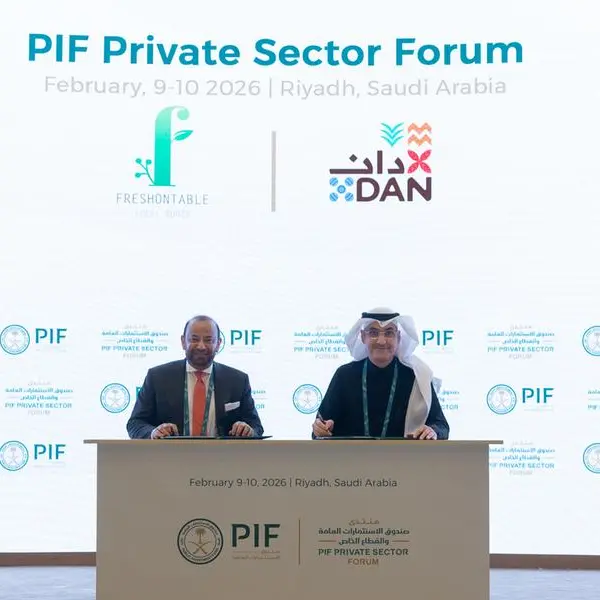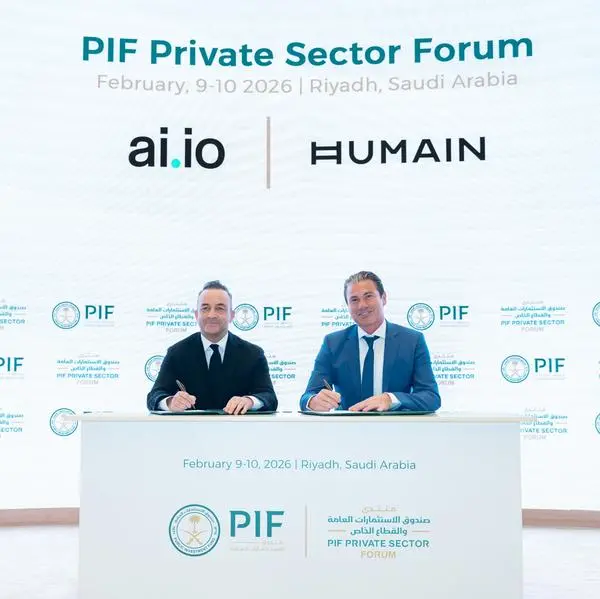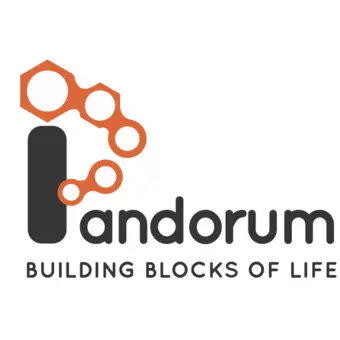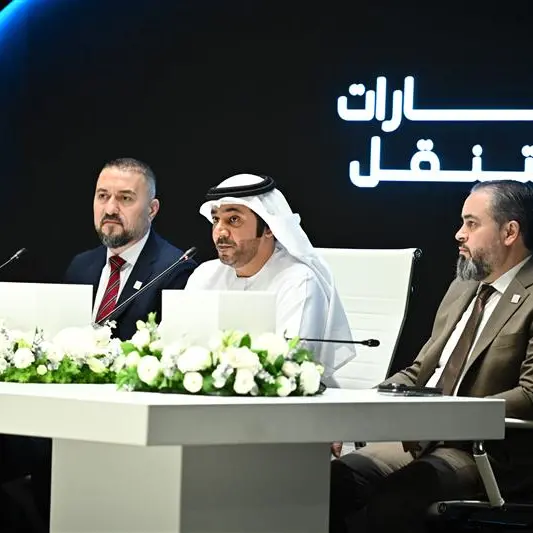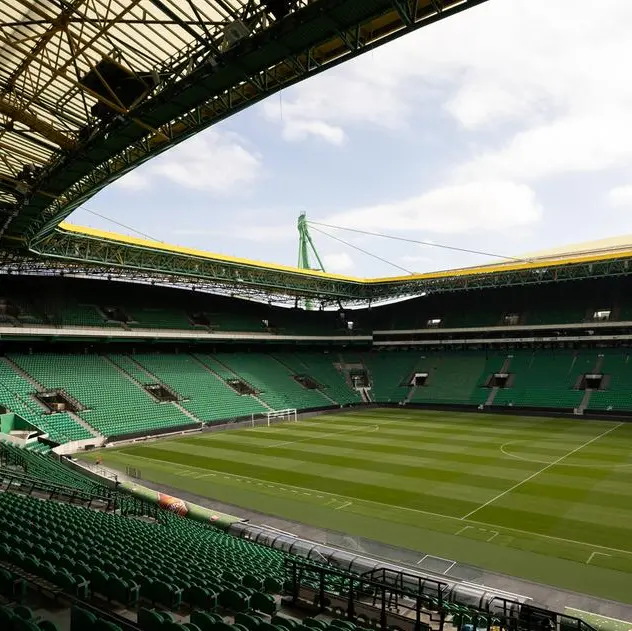PHOTO
Cairo, Egypt – Contributing towards the realization of Egypt's Vision 2030, Giza Systems proudly announces the successful completion of the Rawd El Farag water plant SCADA system and control center revamp project for the Greater Cairo Water Company (GCWC).
This transformative project represents a significant milestone, encompassing cutting-edge solutions, including the latest in Supervisory Control and Data Acquisition (SCADA) systems. Notably, this initiative stands out as the first large-scale implementation of a fully Egypt-developed SCADA solution in the country.
Giza Systems, renowned for its digital transformation enablement, also provided GCWC with remote workstations and mobile applications, enabling seamless remote monitoring of the water plant. To bolster communication capabilities, 4G communication protocol was deployed, offering diverse links and protocols for robust communication.
The Rawd El Farag project was driven by a multitude of challenges, including the scarcity of software and hardware spare parts for obsolete systems. With the integration of various communication links, particularly the 4G communication technology, the project significantly mitigates the risk of data loss. Additionally, the incorporation of remote monitoring tools has expedited issue identification and response, rendering the system more agile and efficient.
Despite the complexity and challenges inherent in the project, GCWC placed its trust in Giza Systems, cementing their decade-long business relationship and Giza Systems' commendable track record in similar projects. The project, originally slated for a one-year timeline, was completed successfully despite all obstacles, demonstrating the unwavering commitment and capability of Giza Systems.
This project stands as a crucial steppingstone towards the realization of Egypt's Minister of Housing, Utilities, and Urban Communities, Dr. Assem El Gazzar's vision to automate work systems and enhance citizen services. Leveraging its extensive knowledge and expertise in digital transformation, Giza Systems remains dedicated to envisioning a digital Egypt through further innovative solutions and integrations.
Sherif Elshimy, Giza Systems Customer Value Proposition Director, stated, "Our commitment to advancing Egypt's infrastructure and services is unwavering. The Rawd El Farag project is a testament to our dedication and ability to deliver transformative solutions that pave the way for a more connected and efficient Egypt."
About Giza Systems
Giza Systems, a leading digital transformation enabler and systems integrator in the MEA region, designs and deploys industry-specific technology solutions for asset-intensive industries such as the Telecoms, Utilities, Oil & Gas, Transportation and other market sectors. Giza Systems helps its clients streamline their operations and businesses through their portfolio of solutions, managed services, and consultancy practice. Giza Systems’ team of 2000 professionals are spread throughout the region with anchor offices in Cairo, Riyadh, Dubai, Doha, Nairobi, Dar es Salaam, Kampala and New Jersey, allowing the Company to service an ever-increasing client base in over 25 countries.
About the Greater Cairo Water Company (GCWC)
As a result of the state’s sense of the great necessity to restructure the drinking water and sanitation sector, in order to ensure the achievement of the strategic goals that are hoped to be implemented for the benefit of the Egyptian citizen; The state decided to establish the Holding Company for Water and Wastewater and the regulatory body for drinking water, sanitation, and consumer protection, by presidential decree in 2004.
The Holding Company for Water and Wastewater was established by Presidential Decree No. 135 of 2004 to establish a Holding Company for Potable Water and Wastewater and its subsidiaries, which shall have a legal personality and be subject to the provisions of Law No. 203 of 1991 and its executive regulations.
Pursuant to the third paragraph of the stated presidential decree, public economic authorities and public sector companies for drinking water and sanitation were transformed into subsidiaries of the holding company, subject to the provisions of the Public Business Sector Companies Law promulgated by Law No. 203 of 1991, so that the number of subsidiaries became 25 subsidiaries serving 27 governorates.
